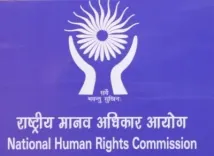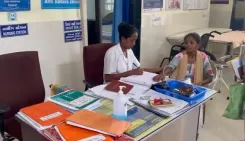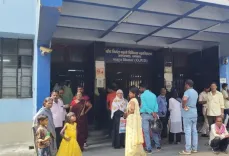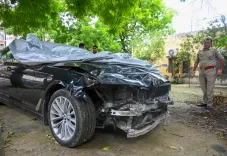CAG Report Exposes Flaws in AAP's Health Framework
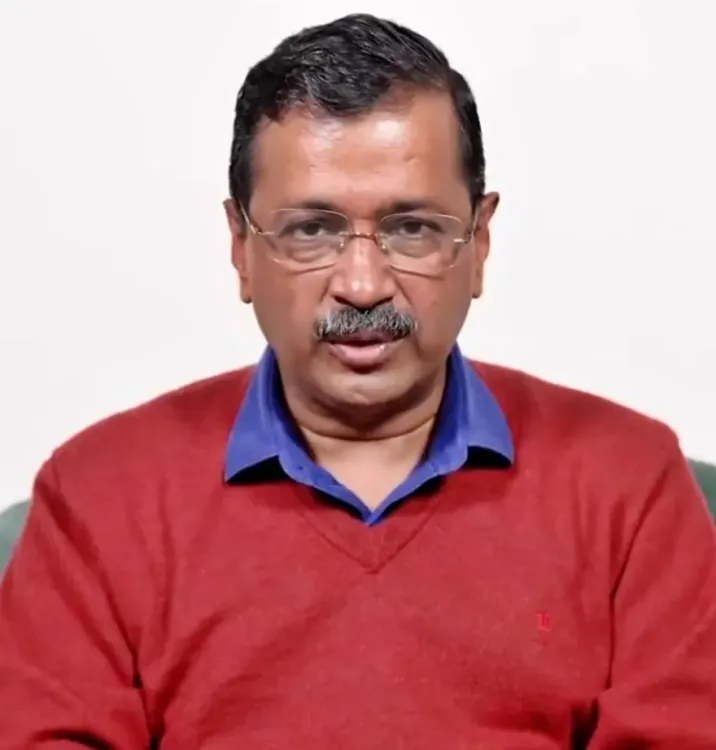
Synopsis
Key Takeaways
- Deficiencies found in Mohalla Clinics.
- Underutilization of COVID funds reported.
- Staff shortages in major hospitals.
- Access issues for disabled patients.
- Central Procurement Agency failed to deliver essential drugs.
New Delhi, Feb 25 (NationPress) The former Delhi government's much-publicized health model, spearheaded by Mohalla Clinics, has been revealed to be deficient in fundamental medical infrastructure and fund utilization in government hospitals, according to the Comptroller and Auditor General (CAG) report.
The governmental auditor, in its evaluation of 'Public Health Infrastructure and Management of Health Services' in Delhi, has criticized the previous AAP administration for multiple shortcomings, highlighting its failure on critical health indicators.
The proceedings in the Assembly were disrupted earlier today when the CAG report on the now-repealed Excise policy was presented, prompting AAP members to shout slogans and subsequently face suspension.
Now, the revelations from the CAG audit regarding AAP's health strategy are poised to stir more controversy in political arenas.
Sources familiar with the CAG health audit indicate that AAP's Mohalla Clinics are lagging in numerous essential health facilities.
The CAG document highlights that at least 21 Mohalla Clinics lacked toilets, 15 had no power backup, 6 were missing examination tables, and 12 clinics were deemed 'inaccessible' to patients with disabilities.
AYUSH dispensaries were similarly found to be in disrepair under the prior administration.
“At least 17 of them were without power backup, 7 lacked toilets, and 14 had no access to drinking water,” the CAG report noted.
Additionally, the CAG report underscores various deficiencies in government hospitals, including staffing shortages, a lack of specialist physicians, inactive operation theaters, and inadequately equipped ambulances.
The audit indicates a significant underutilization of funds during the COVID pandemic.
Approximately Rs 582.84 crore of the total Rs 787.91 crore allocated by the government for COVID response was used.
“Rs 83.14 crore out of the released Rs 119.85 crore for medications and supplies, including PPE and masks, went unused,” the report pointed out, labeling this inaction as a form of criminal negligence.
Further undermining AAP's claims of advanced health services in the capital, the CAG report reveals that manpower shortages persist in several well-known hospitals, including Lok Nayak Hospital and Chacha Nehru Bal Chikitsalaya.
“The shortfall in nurse and paramedic staffing is approximately 21 percent and 38 percent, respectively,” it stated.
The report also addresses the minimal increase in available beds (around 1,357) compared to the target of adding 32,000 beds in Delhi government hospitals over the four budget years from 2016-17 to 2020-21.
“In Rajiv Gandhi Super Speciality Hospital (RGSSH), 6 modular/semi-modular OTs, the Stone Centre, Transplant ICU and Wards, Kitchen, 77 private/special rooms, 16 ICU beds, 154 general beds, and the Resident Doctors Hostel remained non-functional,” it reported.
The audit further indicates that ICU services were unavailable in 14 hospitals, Blood Bank services in 16, Oxygen services in 8, Mortuary services in 15, and Ambulance services in 12 hospitals.
The report also highlights poor fund utilization in maternal and child healthcare.
It points to the shortcomings of the Central Procurement Agency (CPA) in delivering essential medications.
“Hospitals had to source 33-47 percent of necessary drugs from the Essential Drug list, but the CPA failed to secure them,” it concluded.



